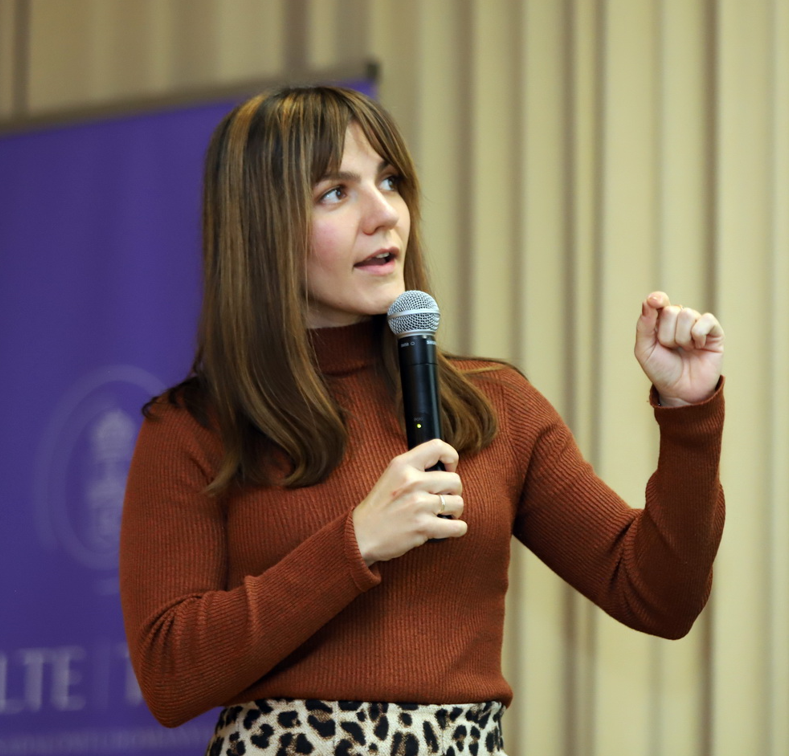Our research group, with the support of the University Excellence Fund (Egyetemi Kiválósági Alap, EKA), carried out the project „A new method to improve the accuracy of estimates in empirical social research: accessibility-based post-stratification” between February 2024 and February 2025. The aim of the project was to develop a new post-weighting methodology based on availability characteristics in order to increase the accuracy of survey-based social research.
Aim and background of the research
The central question of the project was how to make more accurate election predictions from survey data by not only weighting the data along traditional demographic characteristics (e.g. gender, age, education), but also including characteristics that indicate individuals' availability, willingness to respond, and interest in the topic.
Prior to the 2024 European Parliament and local elections, two waves of telephone data collection were carried out with the assistance of Ipsos research company: the first survey was conducted between 14-18 May 2024, while the second wave was conducted closer to the elections, between 29 May 29 and 4 June 2024.
In addition to election-related questions, the questionnaire also used specific proxy questions to measure more hidden characteristics such as the respondent's interest in the topic, social media use, availability or time of interview.
Results and analysis
The research included:
- grouping respondents according to availability and response characteristics;
- developing alternative weighting methods that take into account accessibility factors and political interest;
- comparing the resulting predictions with the results of other public opinion polls;
- using natural language processing (NLP) to identify major campaign themes using social media data;
- attempting to combine Facebook and survey data;
- examining telephone panel effects and the structure of nonresponse;
- testing to what extent the new approach could improve the accuracy of estimates.
The project has contributed to a more nuanced view of the reliability of survey-based estimates, especially in the case of election forecasts, where the actual election result can serve as a benchmark.
Project presentation: final event
The results of the project were presented at a public event on 27 May 2025, which was met with great interest. The members of the research team presented methodological innovations, details of the data collection, ongoing research, and the most important lessons learned from the results. Short abstracts of the presentations given during the program are available:
Underreporters, overreporters, persistents – types of party and non-party voters
New data correction approaches – weighting by political interest and availability







